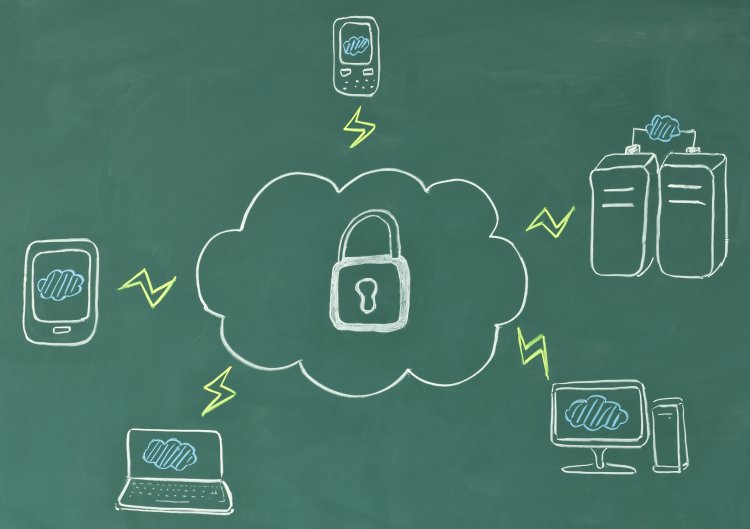For many businesses, switching over to the cloud means being able to save money on physical servers and storage while enjoying the benefits of increased scalability, flexibility and uptime. But what are the downsides? Is this a new wave of technology that could put data security and privacy at risk? In this post, we’ll take a look at the pros and cons of the cloud, and then compare it to a traditional datacenter setup.
There’s been a lot of news lately regarding the security of your data in the cloud (i.e. on a website like Google Docs). But is cloud computing really safer than a physical server at your office? The short answer is no: nothing is 100% secure, so you still need to store data — particularly important in the case of an office where sensitive data needs to be stored in a safe place.
Cloud Servers are the future
Cloud servers are popping up everywhere: at business, at schools, and even in homes. But what are they, and how do they work? Cloud servers are the next step in the evolution of IT, putting the power of servers in the hands of everyone. Thanks to the cloud, you’re no longer limited to your office or your home: you can access your files anywhere, anytime. What’s more, you’re in total control.
The rise of cloud computing, which allows companies to outsource their IT needs to a remote data warehouse – meaning there is no longer a need to build a separate data center – has been a boon to IT managers, with many reporting cost savings. But this doesn’t come without its downsides. Cloud computing can, in some cases, make us more vulnerable to breaches, exploits and hacks. For instance, cloud computing makes it easier to transfer and store data, making it more vulnerable to digital thieves.
Setting up a cloud server is easy
Part of the appeal of cloud computing is that it allows you to access everything from anywhere via an Internet connection, saving time and money. But cloud computing isn’t free. It comes at a cost in terms of setup, maintenance and management.
Cloud Servers can be accessed from everywhere
Cloud infrastructure is like having a massive computer that you can access from anywhere, but there are some limitations. For one, it’s important to make sure that these servers are safe and secure, so they don’t end up being used to spy on you. Another problem is that if you want to access these computers from other locations, you’re going to have to use an Internet connection. For example, if you’re using a public Wi-Fi hotspot, then it’s possible for someone to spy on you too.
Wrapping Up – Cloud servers are cheaper
Setting up a physical server is a pain. It requires lots of time, money, space and power. What is the alternative: a cloud server? It’s as simple as throwing some stuff in the cloud, and everything starts working. In fact, a cloud server is more cost-effective, it’s easier to manage, and you don’t need to worry about disk space, power consumption and other issues that can arise in a physical server setup.

